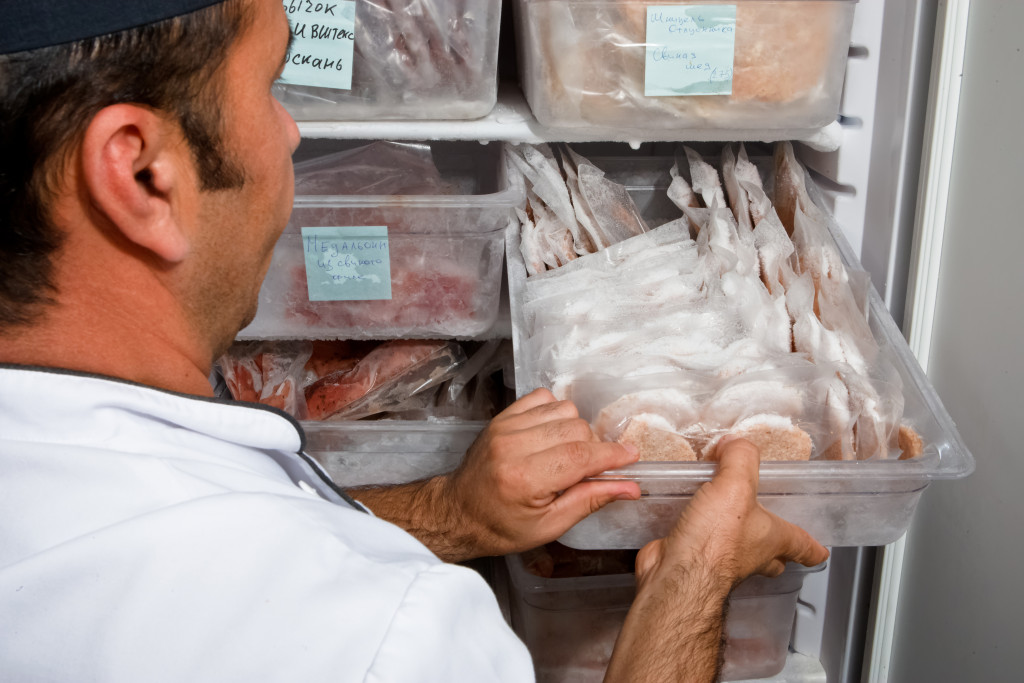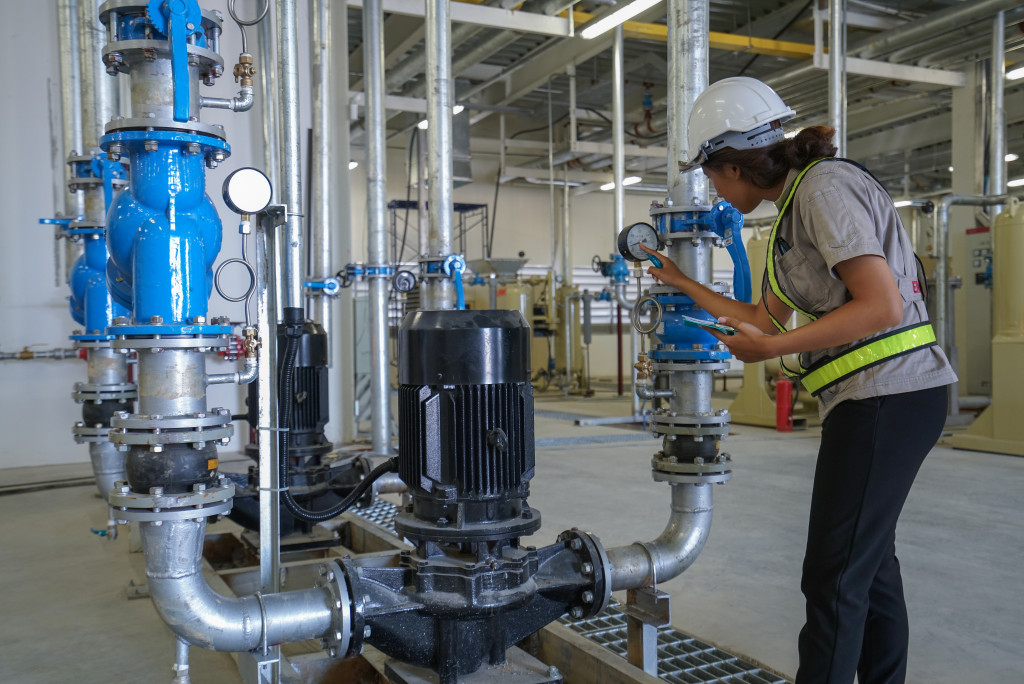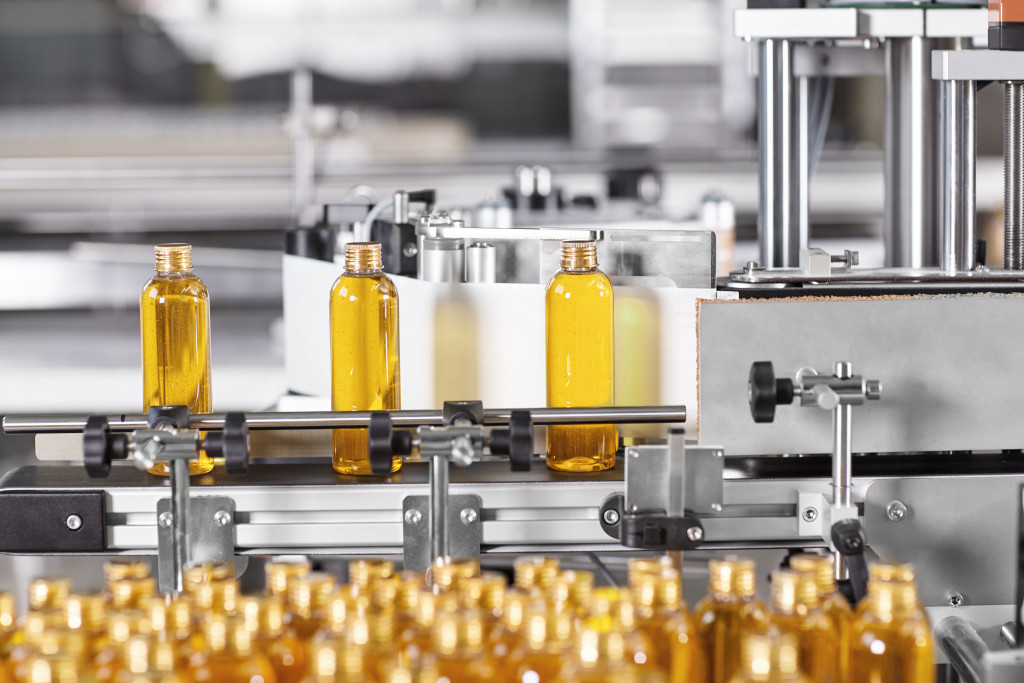• Thermal cycling systems are used to quickly cool down hot foods, reducing bacteria growth and maintaining freshness.
• Immersion water heaters are efficient and low-risk, using hot water to transfer heat directly to food products.
• Refrigeration systems keep ingredients fresh while preventing spoilage, with several options available based on product needs.
• Vacuum pumps maintain high pressure and ensure quality control over products such as dairy items or frozen desserts.
• Proper maintenance of all heating and cooling solutions is essential for optimal performance.
If you are in the food manufacturing industry, chances are you have encountered a variety of heating and cooling needs. Whether it is keeping products cool during transport or ensuring that your ingredients remain at a specific temperature, it is essential to have reliable solutions in place. This blog will discuss heating and cooling solutions that can help you keep your food manufacturing process running smoothly:
Thermal Cycling System
Thermal cycling systems are used to quickly cool down hot foods such as meats, soups, stews, and sauces so they can be safely stored or shipped without spoiling. A thermal cycling system uses cold air to rapidly cool down the entire batch of product to reduce bacteria growth and maintain freshness. This type of system also offers flexibility as it can be used for large batches of food and smaller individual portions.
Immersion Water Heater
An immersion water heater is one of the most popular solutions for processing food products. It uses hot water to heat up ingredients. The immersion water heater works by submerging a metal coil into hot water and transferring heat from the coil to whatever product is being heated. This heating method is efficient because no energy is wasted on heating air or other materials – instead, all of the power goes directly into heating up the desired product. This process has a low risk of contamination due to its closed system design.
Refrigeration Systems

Refrigeration systems are essential to any food production process as they ensure that ingredients stay fresh for extended periods and prevent spoilage due to bacteria growth. Several types of refrigeration systems are available depending on what kind of product needs to be cooled down. Some common examples include walk-in freezers, blast chillers, spiral chillers, cold rooms, etc. Each type offers different benefits depending on what kind of product needs to be cooled down, so it’s important to choose the right one for your needs.
Vacuum Pumps
Vacuum pumps are used in food production processes where high pressure must be maintained in order to ensure quality control over products like dairy items or frozen desserts such as ice cream or sorbet. Vacuum pumps work by creating a vacuum inside containers which removes any air from them before sealing them shut; this ensures that products remain fresh for longer periods without losing their flavor or texture due to excessive oxygen exposure during storage/transport processes.
Proper Maintenance of these Technologies
Now that you know about the various heating and cooling solutions available for food manufacturing processes, it’s important to remember that proper maintenance is vital in order to keep these systems functioning at their highest efficiency. Here are the steps you need to take to ensure that your heating and cooling systems are running smoothly:
Cleaning
Regularly clean the system components to reduce dust build-up and ensure that air is flowing freely through the system.
Inspection

Perform an inspection of the system components at least once a year to make sure that everything is in working order and that there are no signs of wear or tear that could potentially cause problems.
Repair
Repair any damaged components or parts as soon as possible to ensure that the system continues to work correctly.
Calibration
Make sure that all sensors and thermometers are calibrated regularly to ensure accurate readings and ensure that the systems are running at optimal efficiency.
By ensuring your heating and cooling solutions are properly maintained, you can be sure that your food production process is running at its maximum potential.
To ensure that your food production process is running at its maximum potential, it’s essential to invest in the proper heating and cooling solutions for your needs. By utilizing thermal cycling systems, immersion water heaters, refrigeration systems, and vacuum pumps with appropriate maintenance, you can be sure that all of your ingredients are kept at optimal temperatures throughout the process.
With these tips in mind, you can have confidence knowing that your products will remain fresh and safe during storage or transport without any risk of spoilage due to bacteria growth.
